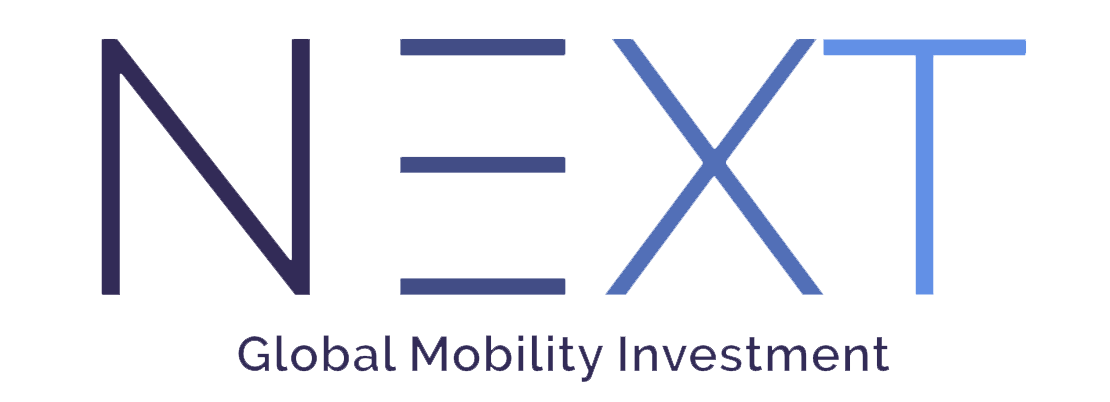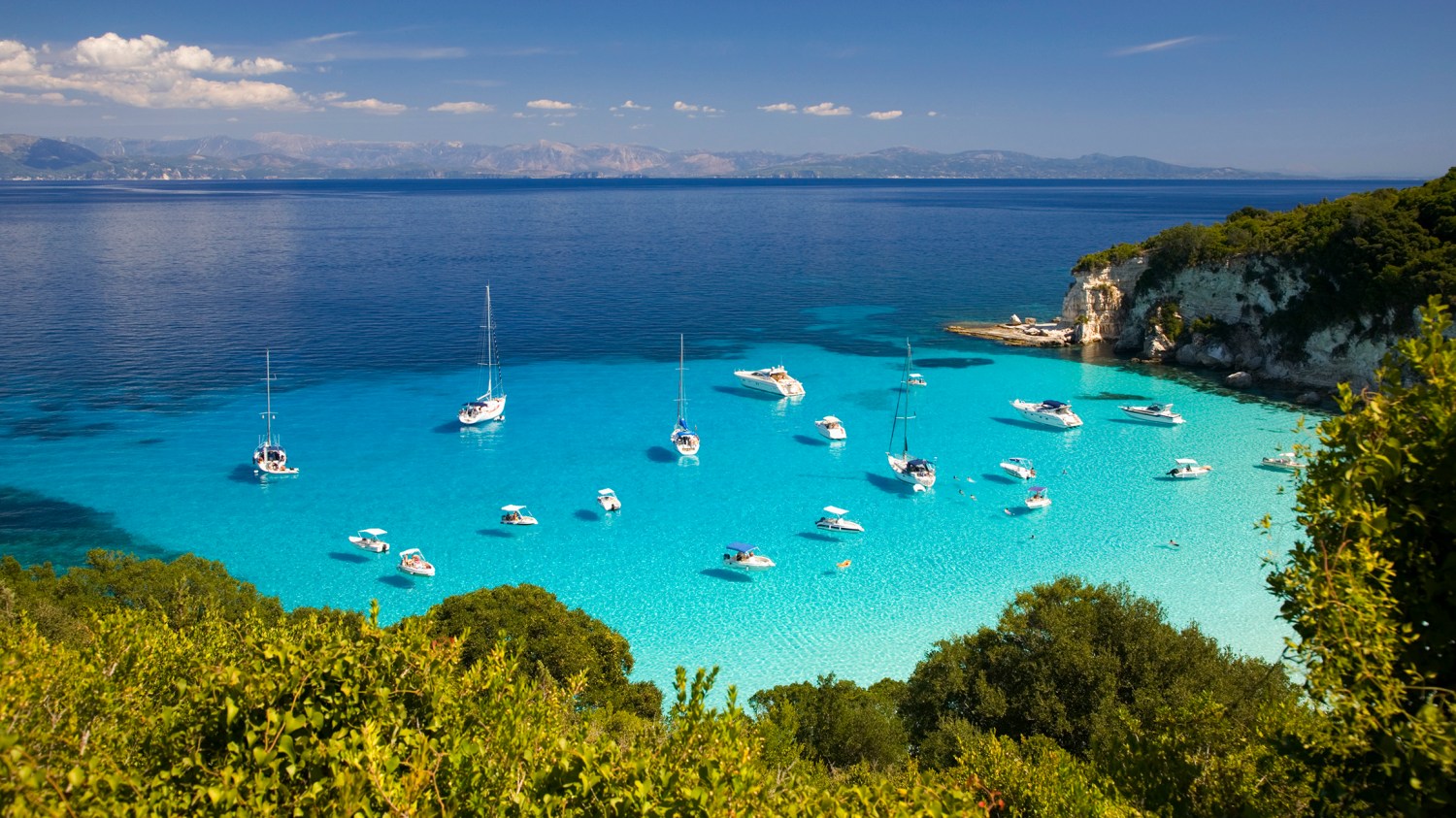In recent times, a noticeable shift has occurred among Europe’s golden visa programs, marked by tighter regulations, increased minimum investment thresholds, and, in some cases, the outright elimination of these programs. This trend has been observed across the continent, impacting countries such as Ireland, Portugal, and now, Greece.
Ireland and Portugal: Early Changes
The transformation began with Ireland’s decision to eliminate its Immigrant Investor Programme in 2023, signaling a shift in policy regarding residency and investment opportunities. Portugal, known for its immensely popular golden visa program, also underwent changes. Initially, Portugal made its real estate investment option more restrictive and expensive before eventually abolishing it altogether last year.
Greece’s Response: Increased Thresholds
Following suit, Greece, home to another sought-after golden visa program, recently announced significant policy adjustments. After weeks of speculation, the Ministry of Finance confirmed new regulations on March 21, impacting the country’s golden visa program. The primary change revolves around heightened minimum investment thresholds for real estate acquisitions.
Under the updated guidelines, the minimum investment threshold for properties in Greece’s most desirable and populous areas, including Attica, Thessaloniki, and popular islands like Mykonos and Santorini, has been raised from 500,000 to 800,000 euros. Similarly, for properties in other regions, the threshold has increased from 250,000 to 400,000 euros.
Transitional Period and Remaining Options
While these changes are set to take effect on 31 March 2024, the Greek government has provided a transition period until 30 September 2024. During this time, individuals can still qualify for the program by paying a 10% deposit on property purchases, allowing them to benefit from the existing, lower thresholds.
Despite these adjustments, there remain lower-cost investment options within the golden visa program. Properties that have been converted from commercial to residential use or listed buildings still maintain a minimum investment threshold of 250,000 euros.
Considerations for Prospective Applicants
For those considering residency or citizenship in Greece, it’s essential to weigh the options carefully. While the golden visa program may be enticing for some, particularly those seeking residency without tax obligations or individuals from countries without visa-free access to the EU, it may not be the most suitable choice for everyone.
Alternative routes to residency in Greece, such as the Financially Independent Persons Visa or the Digital Nomad Visa, offer simpler and more affordable options. Additionally, individuals interested in citizenship should be aware that the golden visa program may not provide significant advantages in this regard. EU citizenship is typically obtained through legal residency in the country for a specified period—seven years in Greece’s case.
Acting Swiftly in a Changing Landscape
The evolving nature of golden visa programs underscores the importance of timely decision-making when considering international opportunities. With policies subject to rapid change, prospective applicants must stay informed and act swiftly to capitalize on favourable conditions in the ever-evolving landscape of global residency and citizenship options.

